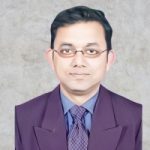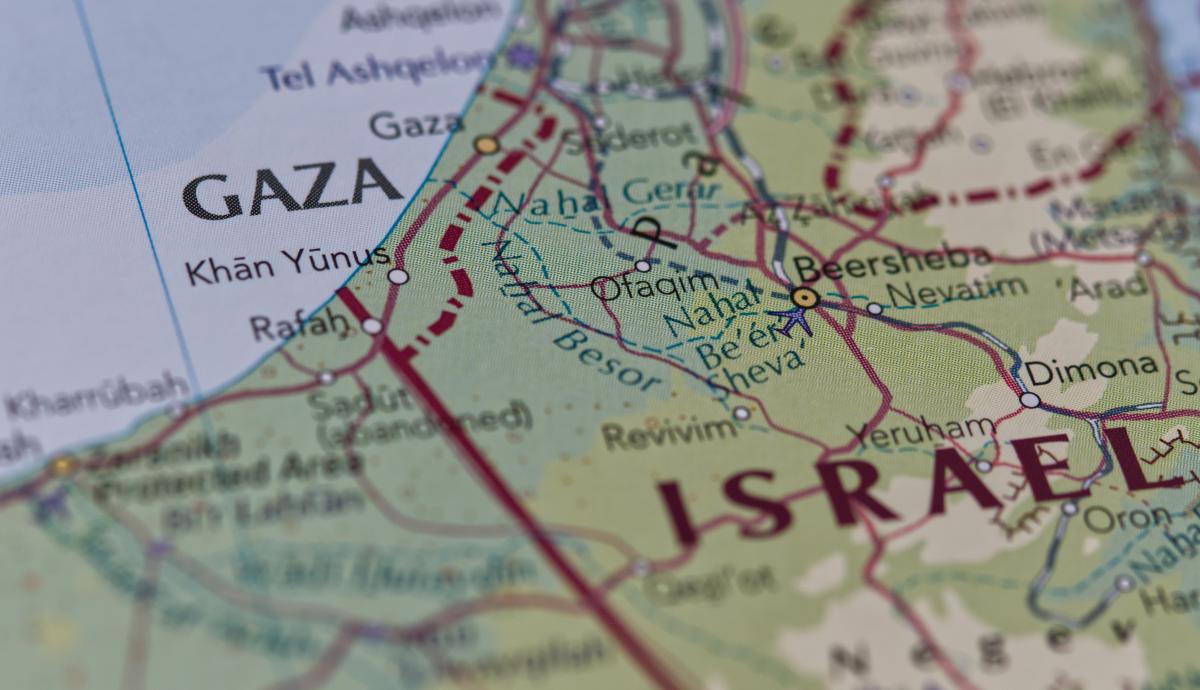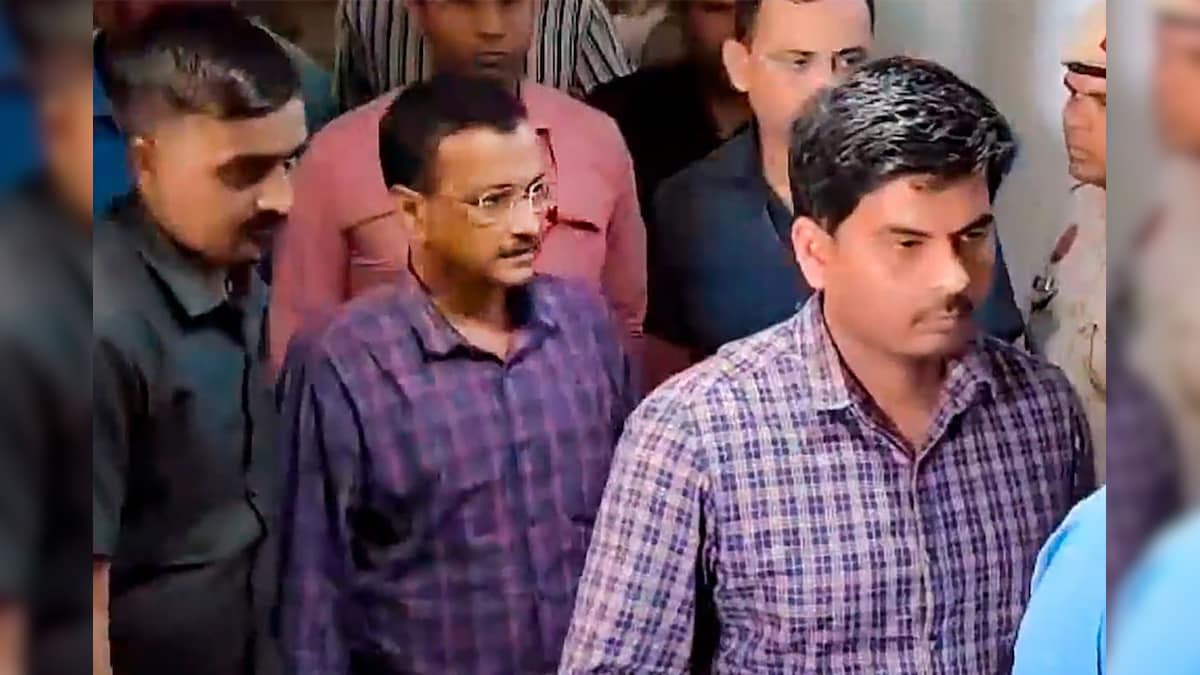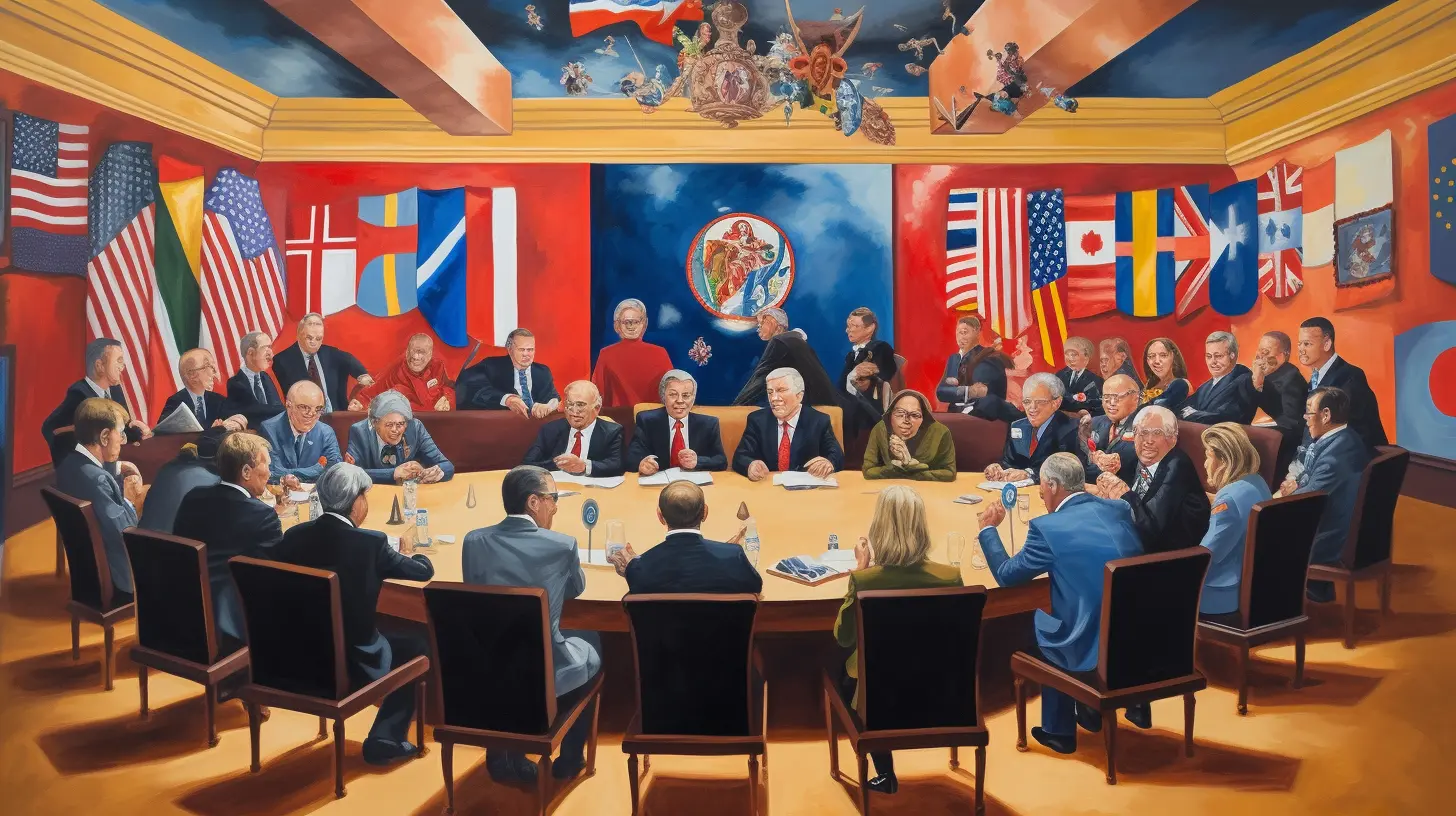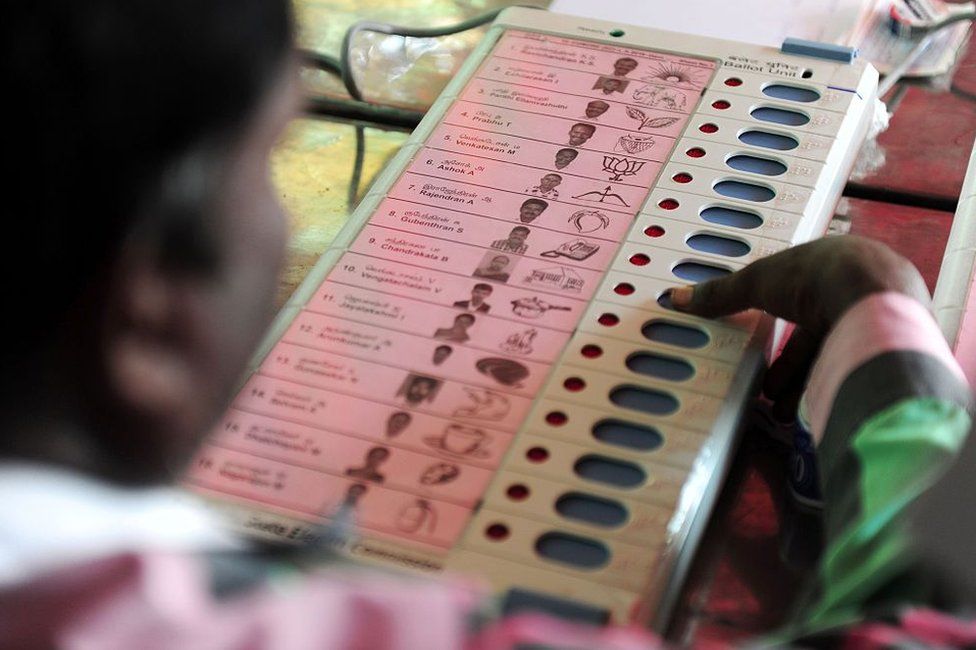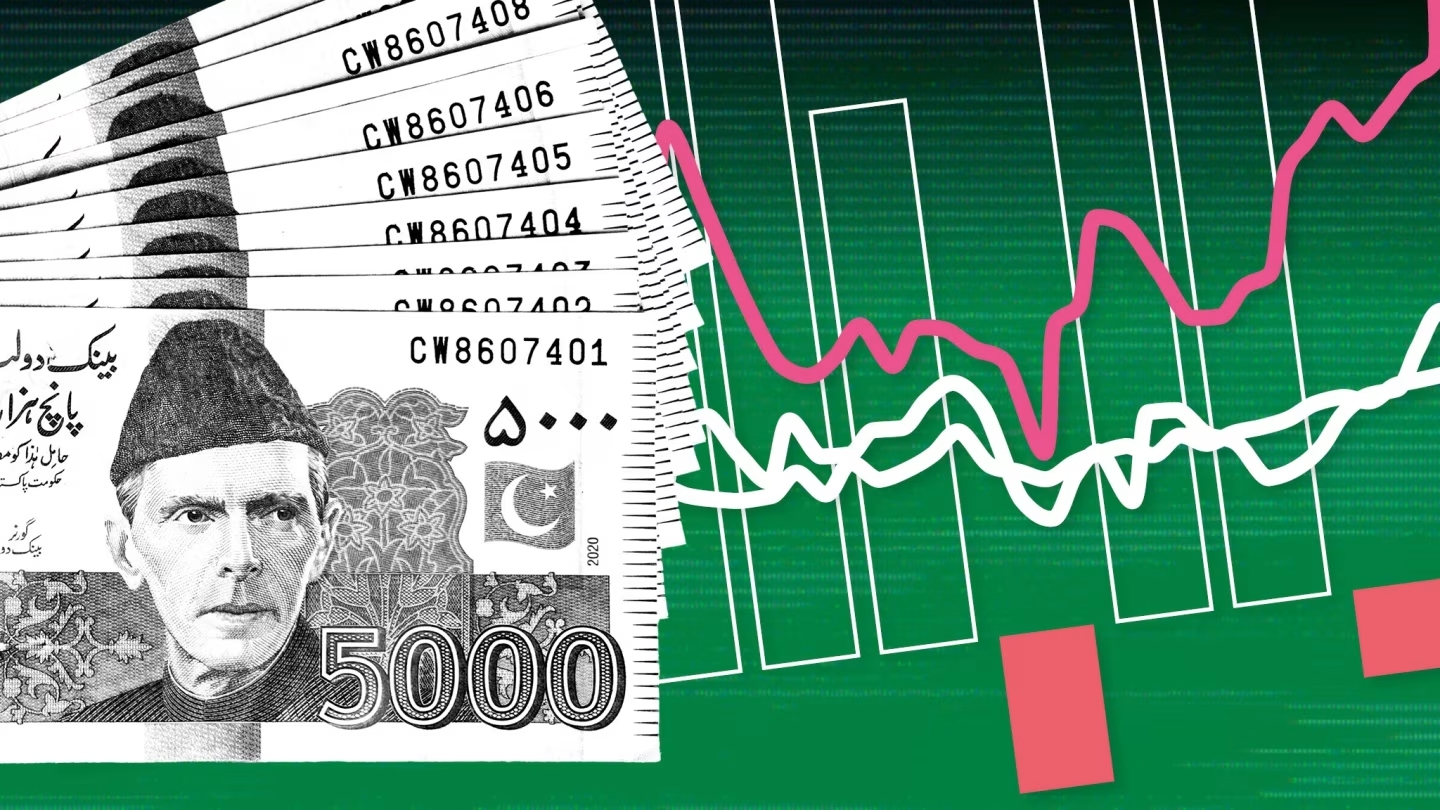The mood is everything but joyous as the countdown to the next Lok Sabha elections gets off. It is not colourful arguments and cheerful campaigns that are anticipated, but rather a coming tide of resentment and hostility. Respected political analyst and founder-director of C-Voter, Yashwant Deshmukh, bemoaned the sharp change in tone from exuberant celebrations to ugly clashes during the current election campaigns.
In today’s political environment, voice concerns about the dynamics of the election campaign, and you risk the fury of ardent supporters of the government. Known more for his unbiased analysis than his anti-establishment rhetoric, Deshmukh expresses the unease that many people in the country feel. A vociferous pro-government faction has emerged, adding yet another level of complication and making criticism a risky undertaking.
Deshmukh’s nostalgia for the era of one-party control stands in sharp contrast to the deterioration in the decorum of political campaigns. Those were the days of political predominance, but there was a dignity and regard for others that isn’t found in the political discourse of today. But in the last ten years, there has been a significant shift, with language and rhetoric falling to previously unheard-of levels.
It begs the question: how did we get to this low point? Deshmukh explains it by saying that losers become bitter enemies in a never-ending quest for triumph at any cost. This rivalry between them feeds a vicious circle of resentment and hostility, undermining the integrity of democratic discourse.
Even though Deshmukh makes an effort to remain objective, there is a tacit admission of more profound societal divisions. The spread of violence and hatred affects every aspect of society and does not stop during election seasons. Once the guardians of information, media outlets have evolved into vehicles for the spread of hatred, widening the rifts in society.
It is clear that the mainstream media is involved in stoking conflict because regulatory agencies frequently penalise channels for inflammatory content. But this toxicity’s widespread distribution highlights a structural problem that goes beyond certain outlets or channels.
Critics contend that the ongoing suffering experienced by marginalised populations is far more significant than Deshmukh’s worries over a 12-week election campaign. Particularly, Muslims and Christians have been subjected to constant demonization and an unrelenting barrage of prejudice and intolerance. Their lived experiences, which range from physical attacks to disparaging statements, transcend the chronological confines of electoral cycles.
The commercialization of hatred manifests itself not just in political gatherings but also in cultural products such as films. Movies that promote xenophobia and Islamophobia help to normalise prejudice and feed the cycle of intolerance and division.
It is important to emphasise that political leaders were implicated in inflaming tensions among communities. Once hidden, hate speech has now become a commonplace feature of election discourse, with politicians competing to outshine one another with their hateful tirades. Such discourse is justified by everything from claims of free speech to electoral strategy, making it difficult to distinguish between moral obligation and political expediency.
People’s terrifying stories—like the one of a Muslim student who was the target of Islamophobic jokes from classmates—serve as powerful reminders of how pernicious bigotry can be. The acceptance of such prejudice in social circles is evidence of the widespread impact of narratives laced with hatred.
Marginalised communities struggle to survive in the face of such hardship, dealing with the psychological effects of ongoing prejudice. People’s ability to bounce back from this assault says a lot about their strength and willpower.
Deshmukh’s concerns over the poisonous nature of political campaigns act as a microcosm of larger social unrest. Election-related polarisation is a reflection of larger societal fractures, which calls for reflection on the part of all parties and coordinated initiatives to promote tolerance and compassion.
It is the responsibility of both political leaders and individuals to defend democratic values and reject divisive politics as the country gets ready for another election contest. We cannot defeat the threat of hatred and create a more just and peaceful society unless we work together and show unity.
In summary, the election campaigns’ transition from joyful events to sites of resentment highlights larger societal divisions that require immediate attention. It is the responsibility of citizens and political players alike to recover the democratic spirit and eschew the seduction of divisive discourse. We can only lead our country towards a future characterised by tolerance, inclusivity, and respect for one another by working together.

